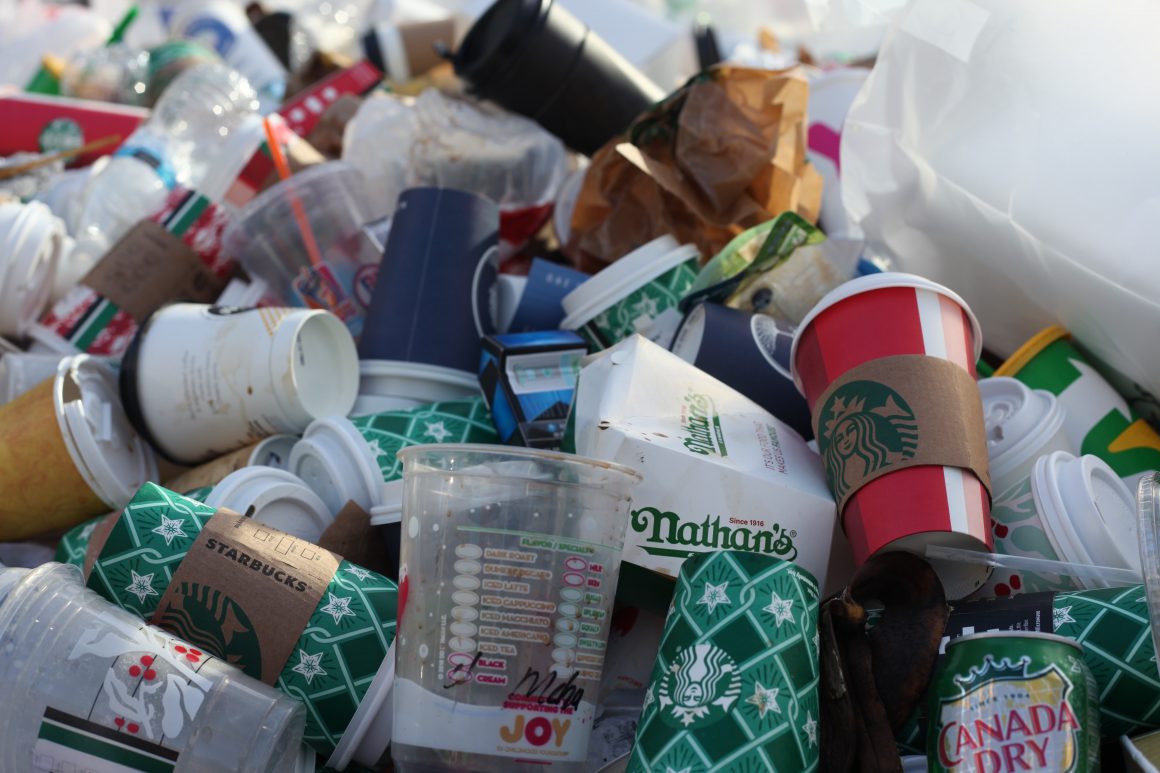
Sustainable U: Navigating our way to net zero
By Rachneet Randhawa, February 12 2021—
Like many Calgarians, I’m sure you feel satisfied when you roll the big blue cart out to the curb every other Tuesday.
Recycling has come a long way since the initial introduction of the blue cart recycling program in 2009. However, it’s just the tip of the iceberg when it comes to waste management and diverting plastics and those pesky, addictive, single-use disposables.
Nearly 170 countries have signed on to significantly reduce the use of plastic by 2030 with many having banned the use of single-use plastics. As of October this year, Canada has officially pledged to achieve zero plastic waste by 2030 with a recent announcement banning single-use plastics such as plastic grocery bags, straws, cotton swabs, drink stirrers and Styrofoam fast-food containers. Considering nearly three million kilograms of non-recyclable plastic waste containers were shipped off to Malaysia and the Philippines recently, drawing the ire of the international community, Canada needed to take drastic action.
From a personal perspective, I didn’t realize the consequences of our love for disposable plastic until participating in a student exchange abroad in Finland, where grocery retailers do not allow plastic baggies for produce or the use of grocery bags.
Plastics are made of polymer material and resin that can be molded and shaped by the application of heat and pressure. You may notice that plastic containers are numerically coded from one to seven to identify the type of resin they are made of. There are six types of plastics, the most common of which are PET (polyethylene terephthalate) and HDPE (high-density polyethylene) which are usually found in items like water bottles, milk jugs and condiments.
Plastics are formulated from nonrenewable fossil fuels including coal, petroleum and natural gas which contribute to greenhouse gas emissions (GHG). At this rate, failing to mitigate GHG emissions could potentially account for 15 per cent of global carbon pollution by 2050. On average, Canadians toss away three million tonnes of plastic waste each year with around nine per cent being recycled. This indicates that the majority of plastic waste ends up in the landfill or worse, leaking in said landfill and forming a byproduct of the decomposition of the garbage waste known as leachate — a liquid contaminant that spreads harmful chemicals into the ground and water supply.
Spillover effects do unfortunately result when making the transition to banning single-use plastics. For instance, many small business owners struggling during the COVID-19 pandemic already facing declining revenues and increasing costs. The plastics ban will only exacerbate their ability to become more cost-effective as they are forced to adopt recyclable materials including biodegradable containers, cups and cutlery. Hopefully, this is only in the short term as these materials become cheaper and more readily-available.
Despite the challenges, we need to take a genuine step towards adopting the circular economy model — the idea of manufacturing products that don’t create waste but rather circle back as raw materials that create new products. The circular economy is a system of closed loops in which raw material, components and producers lose very little value as they are repurposed. It is based on the 3-R approach of reducing (minimally using raw materials), reusing and recycling.
Adopting public policies that encourage sustainable business model development is crucial. We should adopt a holistic perspective on the interactions between human ecology and the built environment so we can alleviate society’s most systematic problems.
What the coronavirus quarantine has taught us is that changing our habits does mitigate the impacts of climate change. We we face the last hope of reversing global warming, the pandemic provided a long-overdue reality check. As we navigate our way out of it, perhaps we can do more than just roll the blue cart away from our houses.
Sustainable U is a regular column focused on sustainability. This column is part of our Opinions section and does not necessarily reflect the views of the Gauntlet’s editorial board.
